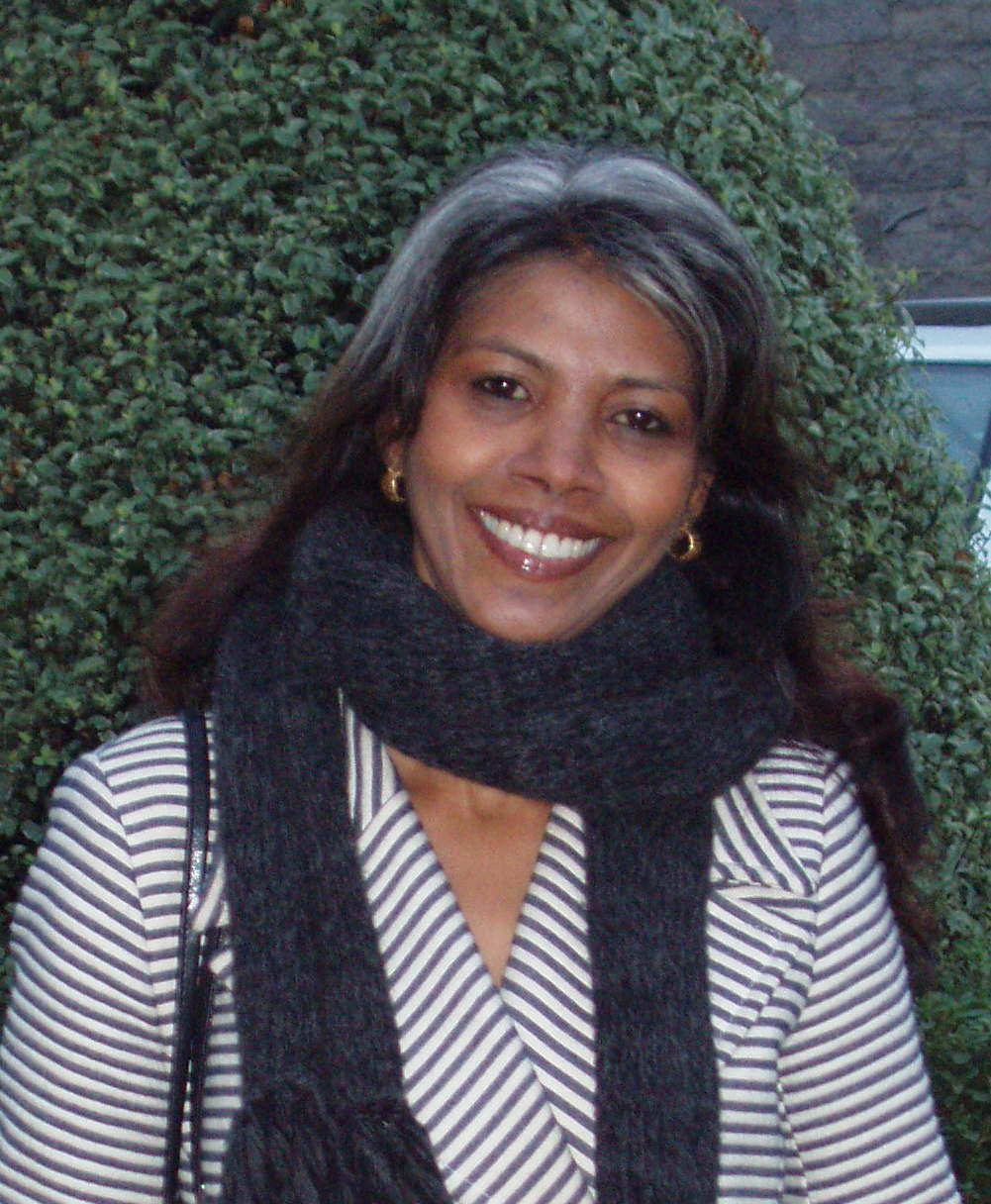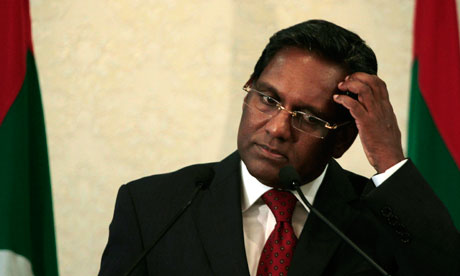Coni & the Coup: II. Law as an instrument of political power
by Azra Naseem
Using the law as an instrument of political power is not a new thing for governments, be they ‘established democracies’ or not. A prime example is how the Bush administration (ab)used the United States Constitution to circumvent international law on acts of war, to justify Guantanamo Bay, torture, extraordinary rendition and to deny justice and human rights to suspected terrorists in the War on Terror.
The government of Dr Waheed—which, incidentally, is enjoying the full backing of the current US administration—too, has proven itself to be a dab hand at (ab)using the law as an instrument of political power. The CoNI Report, which found there was no coup, mutiny or duress involved in the transfer of power on 7 February 2012, is a case in point.
The first part of this series looked at how CoNI approached the investigation with a foregone conclusion: there was no coup. As discussed, CoNI then began a process of putting together all evidence that supported this conclusion while systematically excluding, or discarding as irrelevant, any evidence that refuted or cast doubt over the said predetermined conclusion.
CoNI approached laws relating to the transfer of power on 7 February in the same manner as it did the facts surrounding it. Laws were picked and chosen as applicable only if they supported CoNI’s foregone conclusion: the change of government was Constitutional. Any part of the Constitution or existing laws that could be applied to refute the said conclusion or challenge its validity were ignored, glossed-over, deliberately misquoted, or dismissed as mere ‘protocol’.
Take, for instance, the following statement:
With regard to the idea that there was a ‘coup d’état’, nothing in the Maldives changed in constitutional terms – indeed, the Constitution was precisely followed as prescribed.
Yes, the Constitution remains unchanged. But that does not automatically mean that the transfer of power ‘precisely followed’ the Constitution ‘as prescribed’. This is a conclusion that can only be deemed legal by abusing law and making a mockery of the principles of the rule of law.

